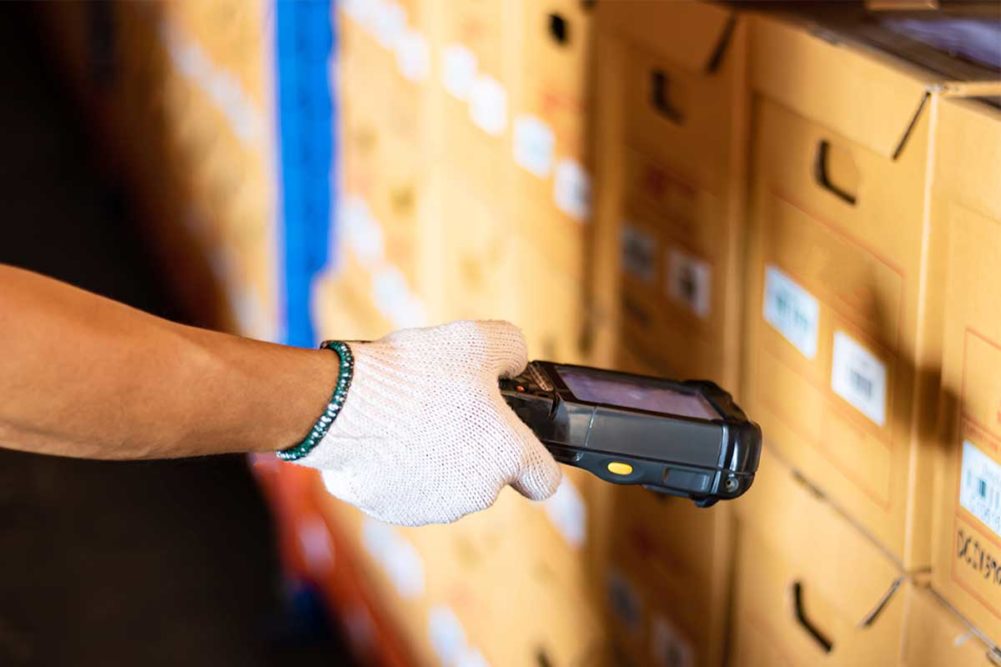KANSAS CITY — Julie McGill of FoodLogicQ outlined the United States Food & Drug Administration (FDA)’s proposed rule to standardize and digitize traceability in the supply chain at the American Society of Baking (ASB)’s virtual BakingTech conference, held Feb. 16-18.The proposed rule for food traceability answers section 204 of the Food Safety Modernization Act (FSMA)’s requirement to designate which foods require additional recordkeeping for consumer safety and establishes those recordkeeping requirements.
“The vision for the FDA is that trading partners would be able to speak the same language through the standardization of what they are calling critical tracking events and key data elements,” Ms. McGill said. “Tech-enabled traceability will enable companies to meet the expectations of this new era of smarter food safety and eventually get to the place where interoperability is within those systems.”
The proposal affects anyone that manufactures, processes, packs or holds foods on the Food Traceability List (FTL), which include soft cheese, shell eggs, nut butters and other foods that have been designated as high risk by the FDA.
“While this is limited to only certain foods, the proposal really lays the foundation for standardized approach for traceability recordkeeping, which paves the way for industry to adopt, harmonize and leverage more digital traceability for the future,” Ms. McGill explained.
Those companies affected by the rule must capture the required data points outlined in the proposal and maintain and store them electronically, in paper records or true copies for 24 months. If the FDA asks for records, they must be aggregated and supplied within 24 hours.
The proposal also requires that stakeholders share key data elements with other partners in the supply chain. The recordkeeping requirements apply to the products themselves and if they are used as ingredients.
Companies need to maintain Key Data Elements (KDE) associated with what FDA has described as Critical Tracking Events (CTE). These events have been identified as an event involving growing, receiving, transforming, creating or shipping the food. These describe when companies need to be capturing data in the supply chain.
KDEs are data attributes or information associated with these events for which a record would be established or maintained. Some examples of KDE can include location data, when did the event happen, who was involved and reference records like purchase orders.
Ms. McGill pointed out that the kill step in baking will have an impact on traceability and recordkeeping according to this proposed rule. If bakers are using an ingredient on the FTL, but the product is transformed through a kill step, the baker must adhere to these traceability requirements, but those downstream on the supply chain do not. Transformation events that do not involve a kill step will still require recordkeeping required by this proposed rule.
The public comment period for this proposed rule closes Monday, Feb. 22. The rule must be finalized by November 2022, after which, companies across the supply chain will have two years to comply. Bakers and others across the supply chain must prepare to implement the final rule by the end of 2024.
Ms. McGill suggested that a good place to start involves looking at the data the company is already capturing and comparing them against the FDA’s requirements to find gaps. It will be critical to understand how that information is captured and stored, and then determine how accessible is it now to see if there are ways to streamline that process.
“This is a cross-functional project,” she said. “This is not an IT project. You will need to get multiple teams involved.”
The entire presentation is available to those registered for BakingTech on-demand at ASB’s website.






